Middle TN Grain Conference Announced for Tuesday, January 31st, 2023
Tullahoma, Tenn. — With COVID largely in the rear-view mirror, we continue to get back to business as usual. Such is also the case for the upcoming Middle TN Grain Conference scheduled for Tuesday, January 31st at the University of Tennessee Space Institute (UTSI), located at 411 B.H. Goethert Pkwy in Tullahoma, TN.
As many have come to expect since its start in 2005, the Middle Tennessee Grain Conference offers some of the most practical insights and real-life solutions to emerging crop production issues; utilizing research and evidence-based data from the University of Tennessee and other land-grant colleges. This conference is also home to one of the area’s largest trade shows, showcasing dozens of industry professionals who are on hand to talk what’s new, efficient, and effective.
2023 registration is $20 per person and can be paid at your local UT-TSU Extension county office or at the door the day of. Registration fees help offset the cost of program materials, equipment, signage, resource thumb drive, and conference hats (one per person).
The conference will begin at 8:30 a.m. with a welcome from a cast of statewide agricultural leaders including Matt Rearden with Nutrien Ag. Solutions, Carol Reed with TN Corn Promotion Council, and Stefan Maupin with TN Soybean Promotion Council. Following the welcome, a slate of hand-picked breakout sessions are being offered covering topics such as “Weed Management a Year in Review: Vines in Corn, Grass, & Pigweed Management”, “Update on the Latest Nitrogen Stabilizer Research”, “Prices, Costs & Profitability: Where are Markets Headed & How Can Risk be Mitigated?”, “New Advances in Technology: Utilizing Drones to Apply Pesticides & Micronutrients to Crops”, “Farm Succession Planning”, and many more.
This year’s conference is supported and made possible by several industry partners; of special note the TN Corn Promotion Council and the TN Soybean Promotion Council. Refreshments throughout the day are being sponsored by Koch Agronomic Solutions. Lunch will be provided by “The View” Dining Hall and is graciously sponsored by GreenPoint Ag.
Following the scenic meal, participants will have the opportunity to attend the private applicator recertification training. Current private applicator certifications expire on June 30, 2023. Cost of this recertification training is an additional $25 per person to be paid on-site prior to the training. At adjournment, participants will turn in completed evaluations to receive their conference hat and thumb drive loaded with pesticide manuals, budgets, and other valuable resources.
Farm Manager Credit is available. Final credits can be achieved by attending the upcoming Master Farm Manager program beginning on Tuesday, February 14th at the Community Meeting Room at the Administrative Plaza next to the Coffee Co. Extension. Master Row Crop Credit is also available. For complete details on conference topics, registration, Farm Manager credits and Master Row Crop credits, contact your local UT-TSU Extension Office.
The Middle Tennessee Grain Conference is open to all eligible persons regardless of race, color, national origin, sex, age, religion, disability or veteran status.
Through its mission of research, teaching and extension, the University of Tennessee Institute of Agriculture touches lives and provides Real. Life. Solutions. ag.tennessee.edu
Contact: Bruce Steelman, Lincoln County Extension Agent | Office: 931-433-1582 | bsteelman@utk.edu
Find the UT Institute of Agriculture on Facebook, Twitter, and YouTube:
Find the Middle TN Grain Conference on Facebook!
Created By: Matthew B. Deist | UT Extension Franklin Co


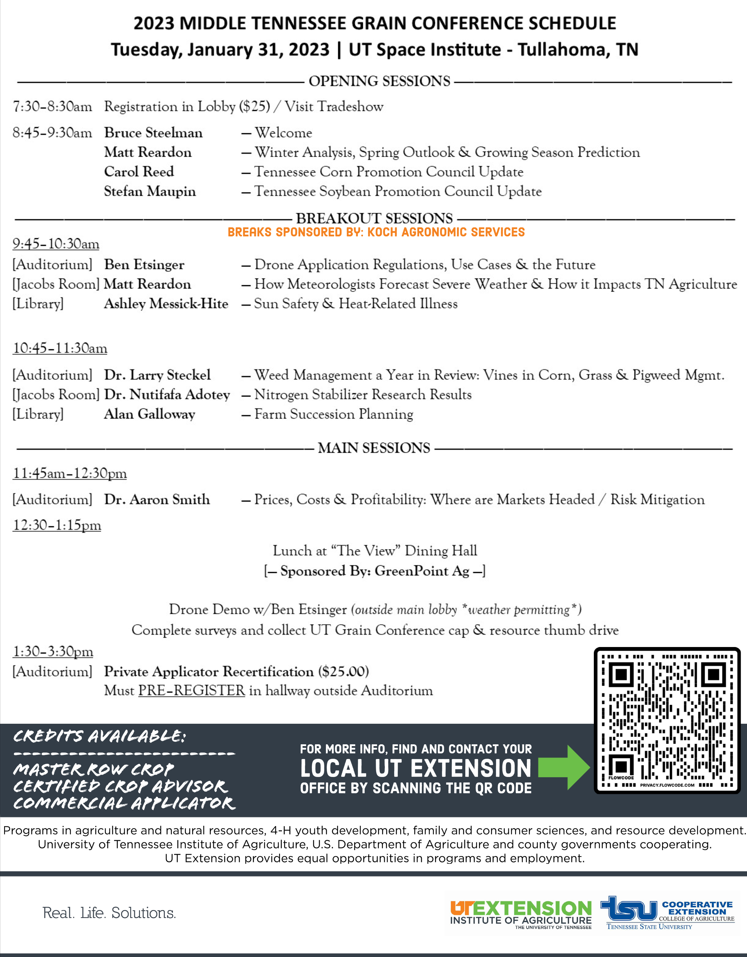


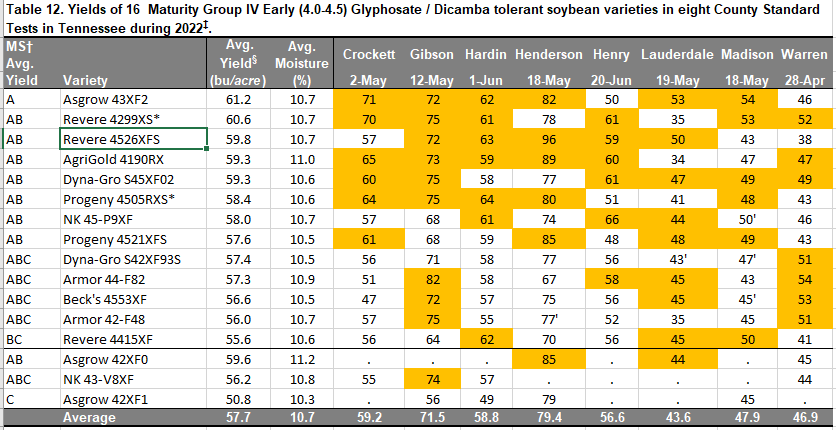
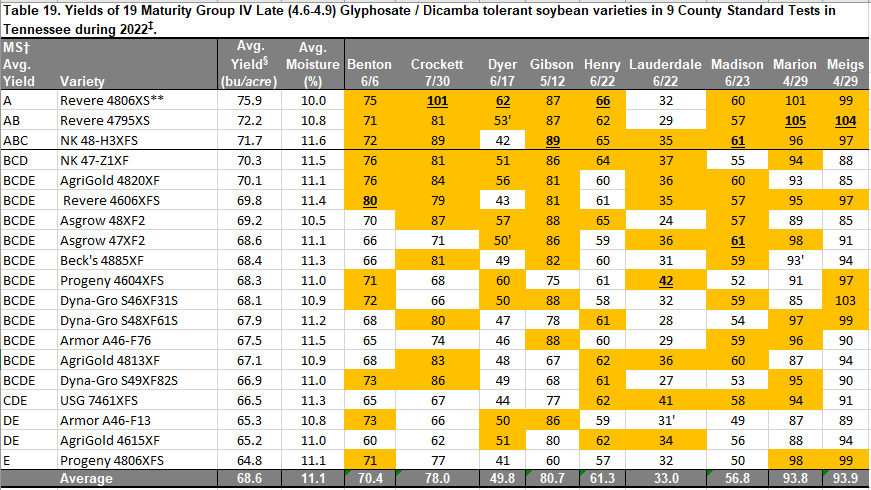
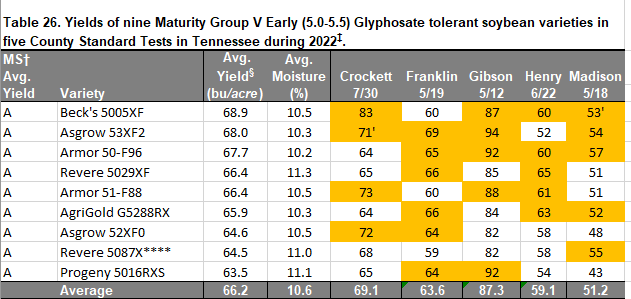
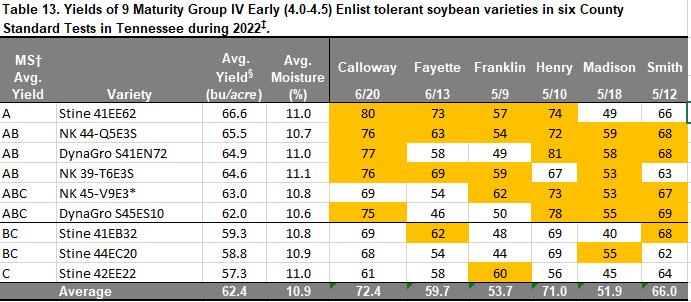

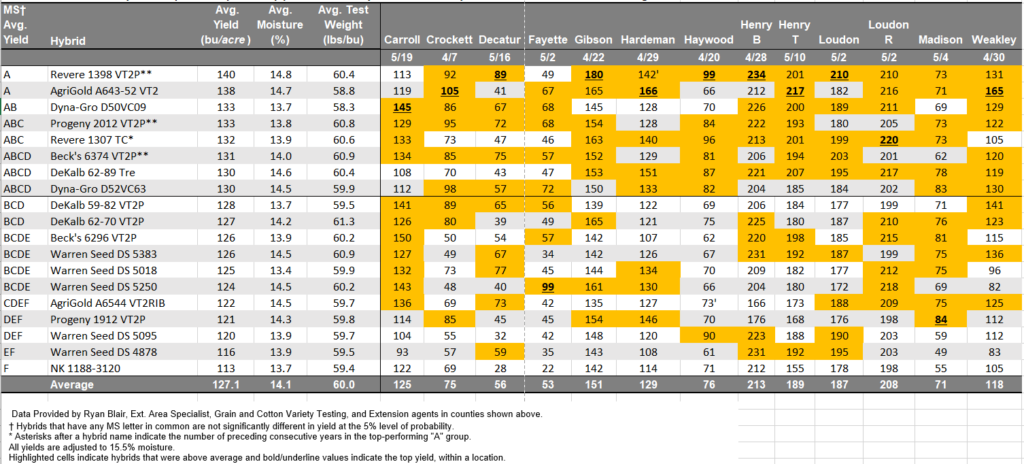
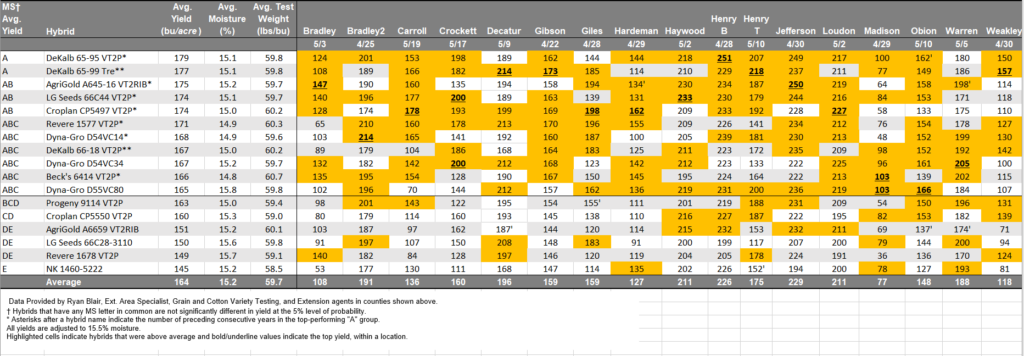
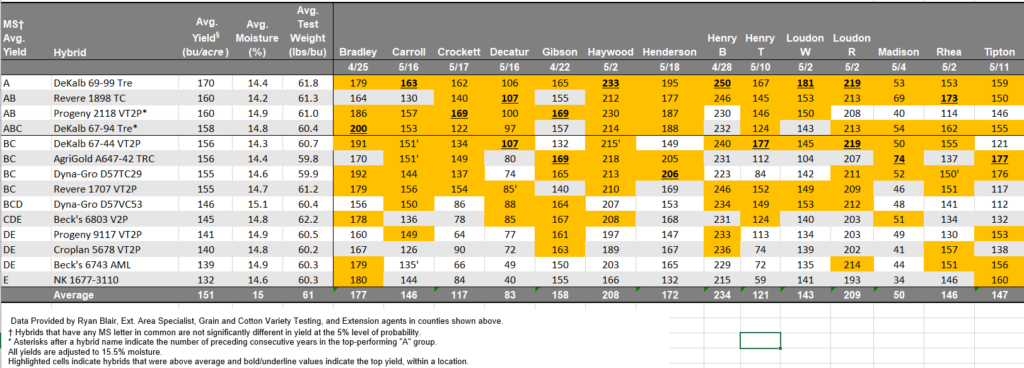
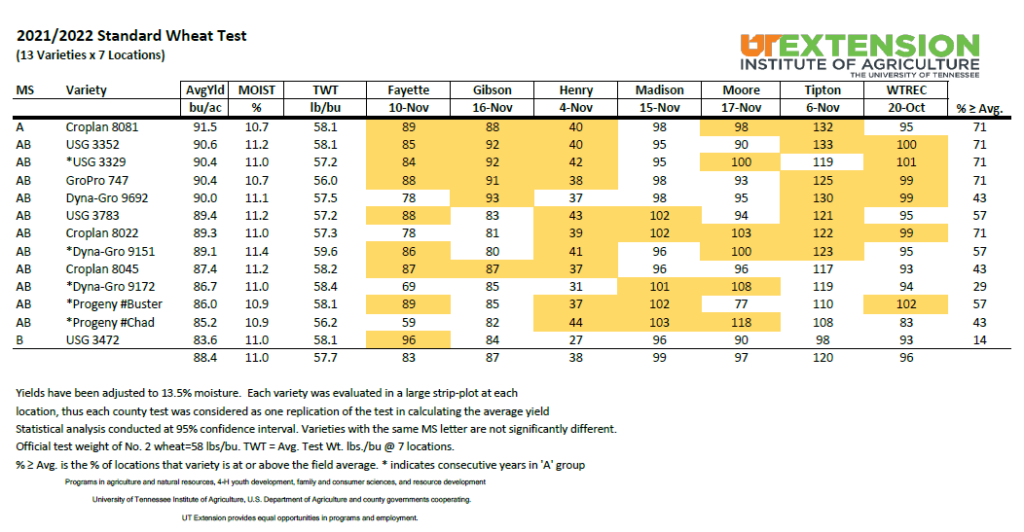
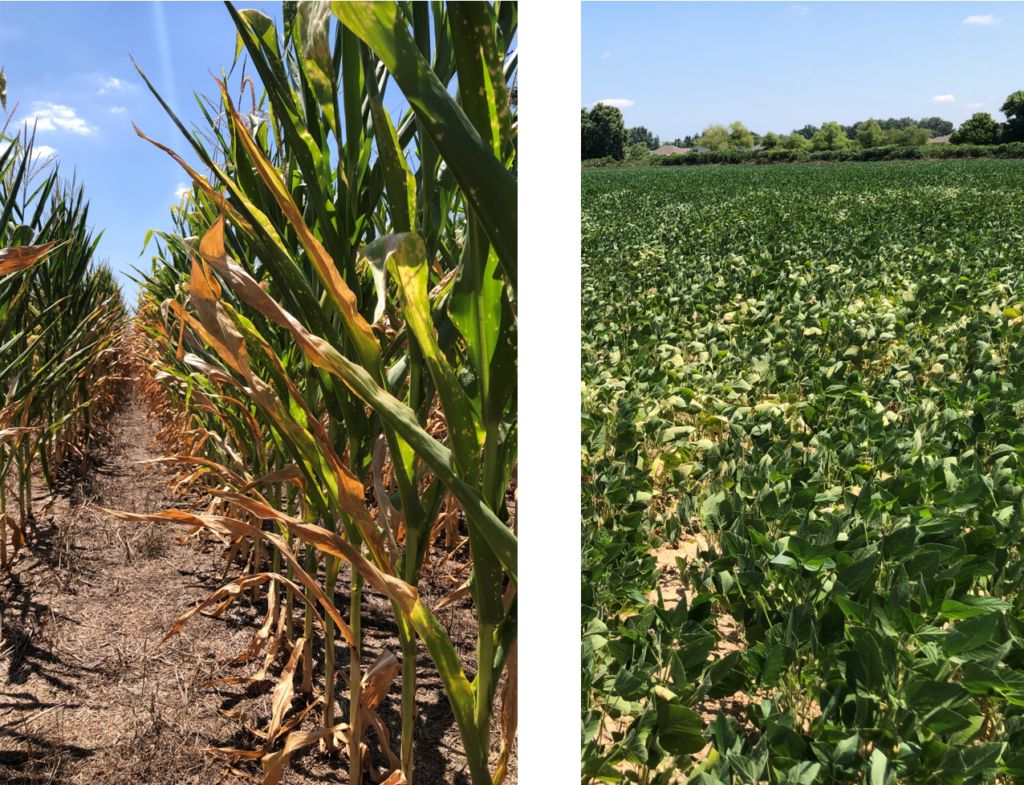 As many of you know, Dr. Angela McClure, our Extension Corn and Soybean Specialist, retired at the end of June after 20 years of service. Dr. McClure will be greatly missed. We are actively searching for a replacement and hope to have the position filled quickly. In the meantime, my colleagues and I will do our best to cover these commodities until the position is filled.
As many of you know, Dr. Angela McClure, our Extension Corn and Soybean Specialist, retired at the end of June after 20 years of service. Dr. McClure will be greatly missed. We are actively searching for a replacement and hope to have the position filled quickly. In the meantime, my colleagues and I will do our best to cover these commodities until the position is filled.